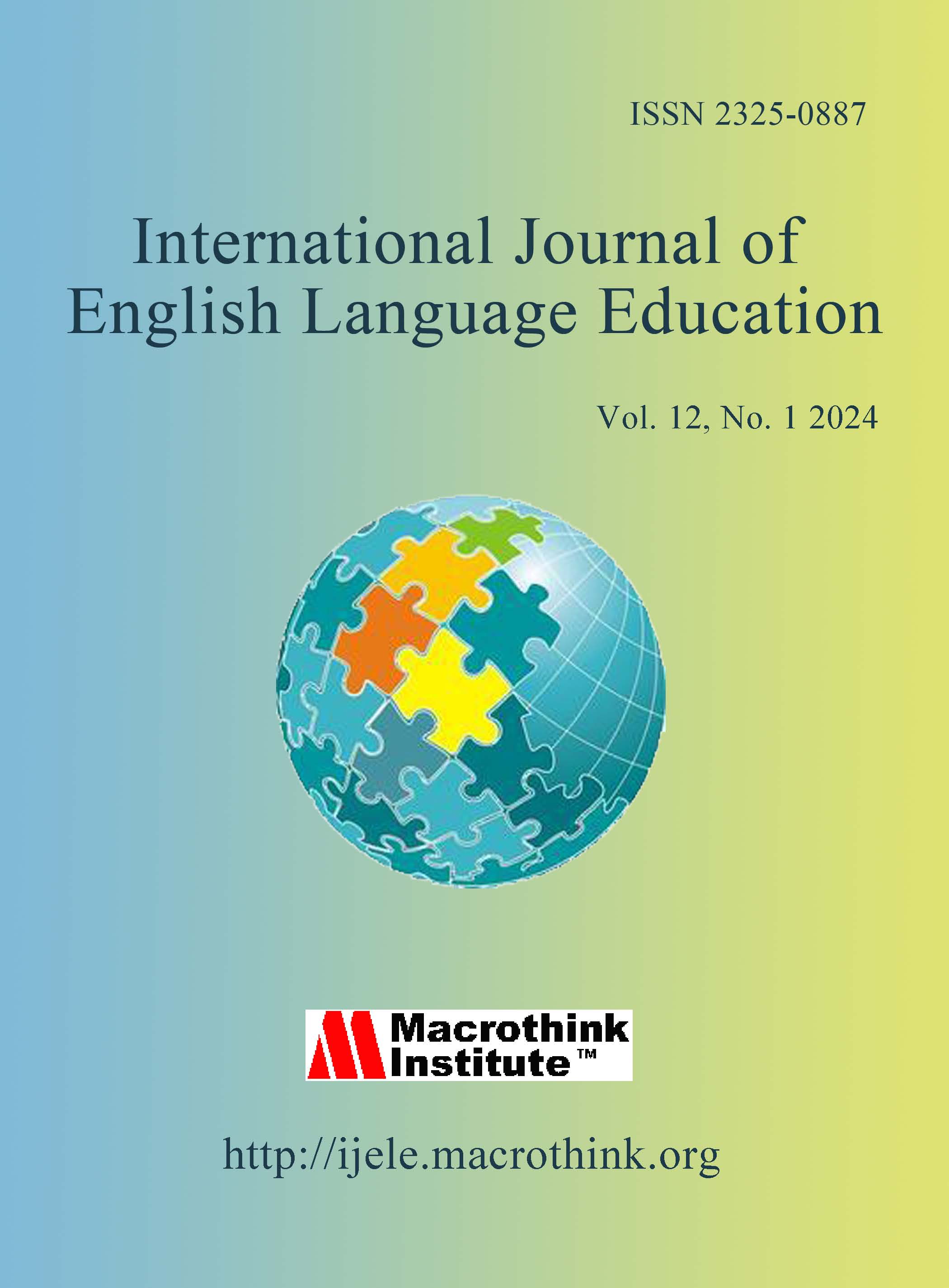The Role of Ideal L2 Self in Motivating Students to Verbally Communicate in L2 Speaking Classes
DOI:
https://doi.org/10.5296/ijele.v11i1.20554Keywords:
EFL learners, Ideal L2 Self, motivational self-system, speaking classes, verbal communication, WTC (willingness to communicate)Abstract
EFL (English as a Foreign Language) learners' willingness to verbally communicate in language speaking classes remains an intriguing issue for many advanced learners. Many preparatory year students in Saudi Arabia exhibit low levels of willingness to communicate (WTC) in a second language (L2) classroom context, where English is used as a medium of instruction. This study aims to highlight the issue by investigating the Saudi female EFL preparatory year students' willingness to verbally communicate in L2 speaking classes, focusing on the Ideal L2 Self as a higher/ individual factor of the motivation self-system. The study used a quantitative method consisting of a questionnaire instrument to determine the correlation between the Ideal L2 Self and willingness to communicate. The questionnaire was electronically administered to 123 participants, and the data collected were analyzed statistically. The findings of the study show a significant moderated correlation between students' WTC and their Ideal L2 Self. Furthermore, the results reveal that relating the Ideal L2 Self to speaking classes positively affects students' willingness to communicate verbally in the Saudi context, especially if they recognize their Ideal L2 Self early. Therefore, the study attempts to offer an insight into the impact of the Ideal L2 Self in enhancing EFL students' willingness to verbally communicate using English in L2 speaking classes and construct a meaningful difference in teaching EFL speaking skills.




